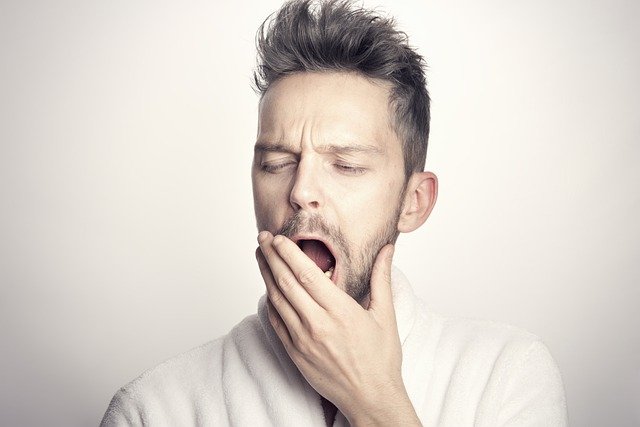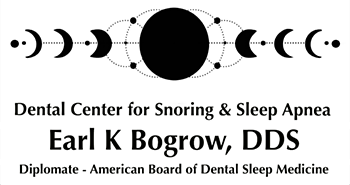5 Simple Exercises to Stop Snoring

Snoring can be a tough topic and a source of contention between roommates, spouses, and bed partners. Sometimes, it forces people to sleep in separate rooms. If you or your loved one snores, it’s natural to look for ways to reduce snoring so you can all get a better night’s sleep. Dr. Bogrow suggests some mouth and throat exercises that help tone muscles around the airway. It can help make snoring less noisy and less frequent. Just like any type of therapy or workout regimen, the exercises to stop snoring need to be done regularly to be effective.
Why do we snore? How is it connected to sleep apnea?
While you are sleeping, the area behind your tongue becomes narrower. The tissue relaxes and becomes floppier. As you inhale and exhale air is forced through the area and the loose tissue flutters. It might sound like a flag being whipped around by the wind. Snoring occurs when the airflow causes this tissue to vibrate. Obstructive sleep apnea is the result when these relaxed muscles relax enough to close the airway. Snoring and obstructive sleep apnea can cause disruptive sleep patterns and low oxygen while you are sleeping.
How do mouth exercises help you stop snoring?
Since snoring and sleep apnea are caused by loose and floppy airway muscles and poor tongue positioning, exercises are beneficial. Throat and mouth exercises help tone up the tongue and airway muscles and help promote breathing through the nose. You can compare it to going to the gym regularly. Just like lifting weights helps tone your arms, regular mouth and throat exercises help strengthen muscles related to breathing. When the muscles are toned, you should experience less snoring and fewer sleep apnea episodes.
How often should I do the mouth exercises?
When you visit Dr. Bogrow at Michigan Sleep Apnea Center, ask him about the types of mouth exercises that would be beneficial to you. You may also ask him how often they need to be done. For most people, Dr. Bogrow will recommend doing them for at least 10 minutes every day for three months. It can take some time to firm up the muscles and see tangible results. Just like other types of exercises, it can take some time. It’s not likely that you’ll see immediate results.
5 super Simple Exercises to Help You Stop Snoring and Get Better Sleep
· Exercise 1 – put the tip of your tongue right behind your top front teeth. Slide it backward and then back to your teeth. Do this for three minutes.
· Exercise 2 – Use your tongue to make a loud clicking sound by pressing your tongue against the roof of your mouth. Continue clicking your tongue for 15 seconds. Repeat this 10 times.
· Exercise 3 – Hold your mouth open and contract the muscles at the back of your throat. Do this for 30 seconds. You can look in a mirror while doing this exercise to see the uvula moving up and down.
· Exercise 4 – Try singing. Seriously! Singing increases muscle control in the soft palate and the throat. This can help reduce snoring when it’s caused by lax muscles.
Schedule an Appointment with Dr. Bogrow
These simple mouth exercises to stop snoring are just one option for reducing snoring. Chances are, if you snore a lot, you may actually have sleep apnea, which can be a life-threatening condition as it contributes to other health problems such as stroke. At Michigan Sleep Apnea Center we offer a custom-fitted dental appliance for the treatment of sleep apnea. If you can’t tolerate CPAP or are looking for an alternative solution to CPAP, contact us today to schedule your visit! Let us help you (and the rest of your household) get a better night’s sleep!









